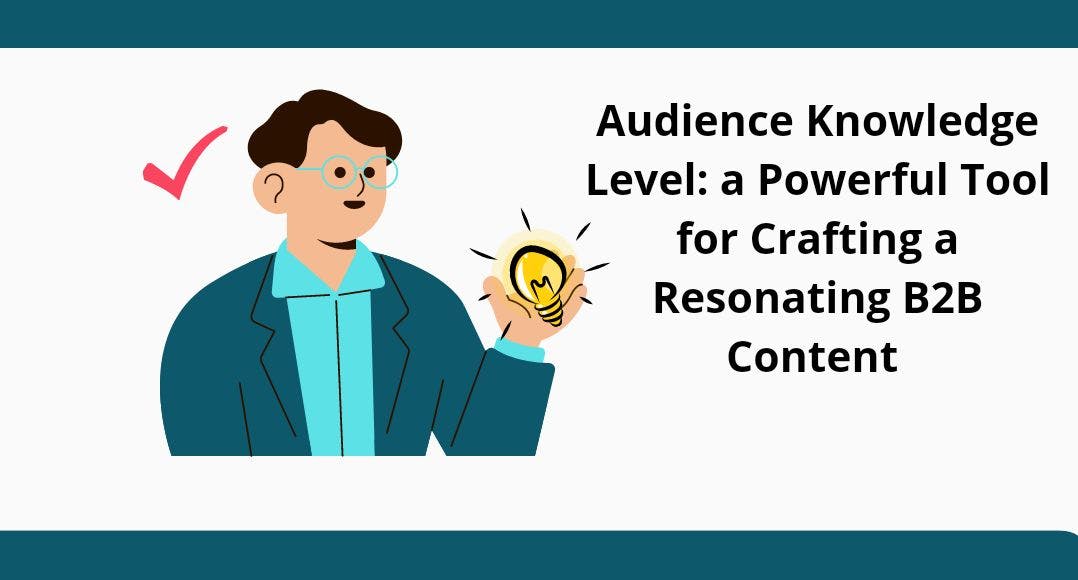Audio Presented by

I help B2B SaaS brands like you win user signups with content that empathizes with readers and weaves in your product.
About Author
I help B2B SaaS brands like you win user signups with content that empathizes with readers and weaves in your product.
